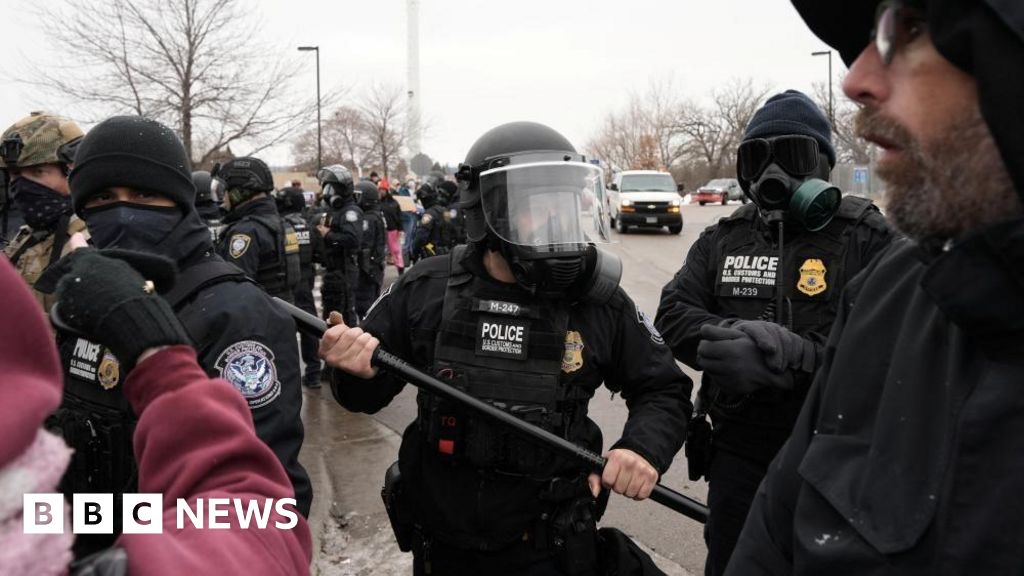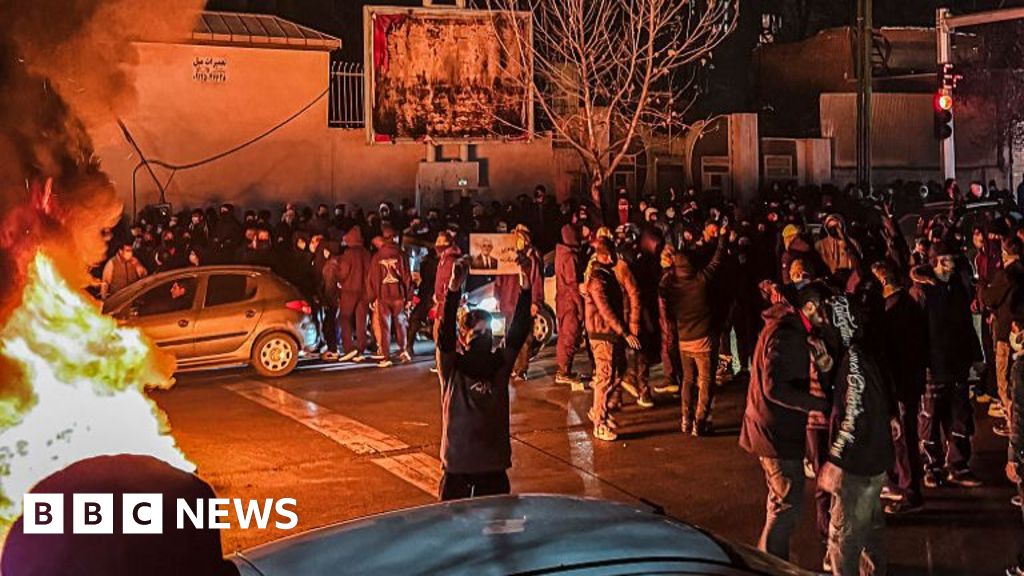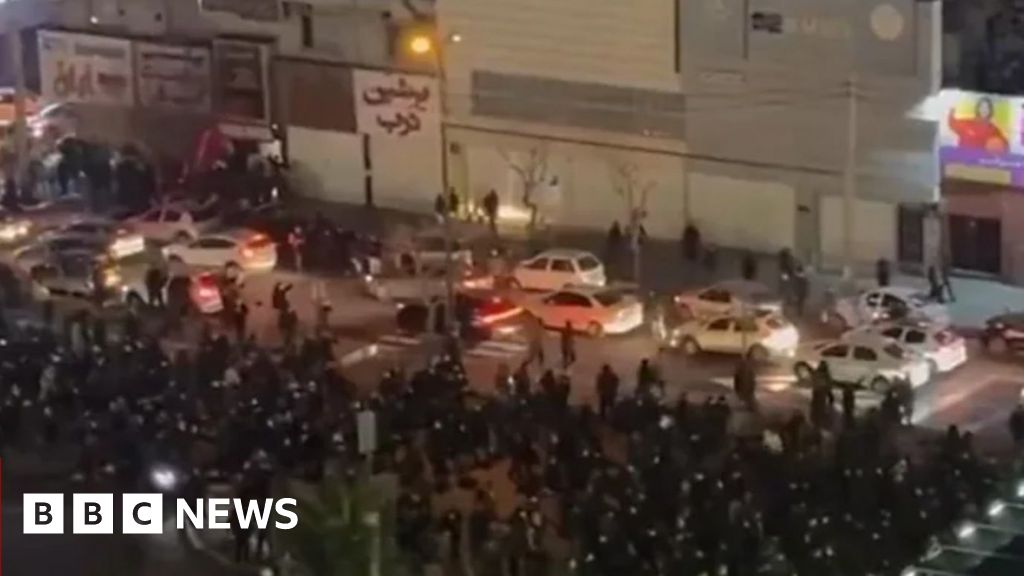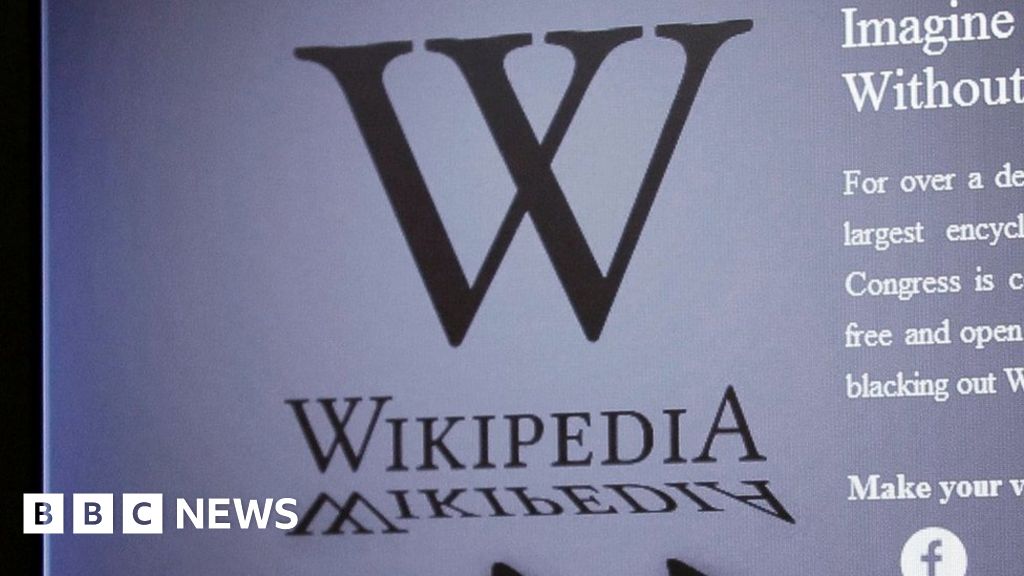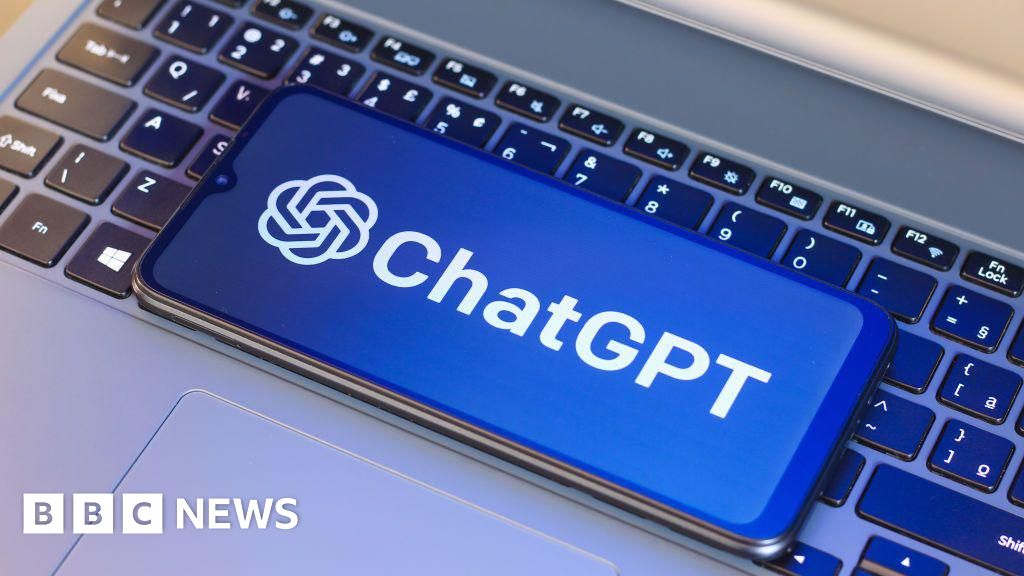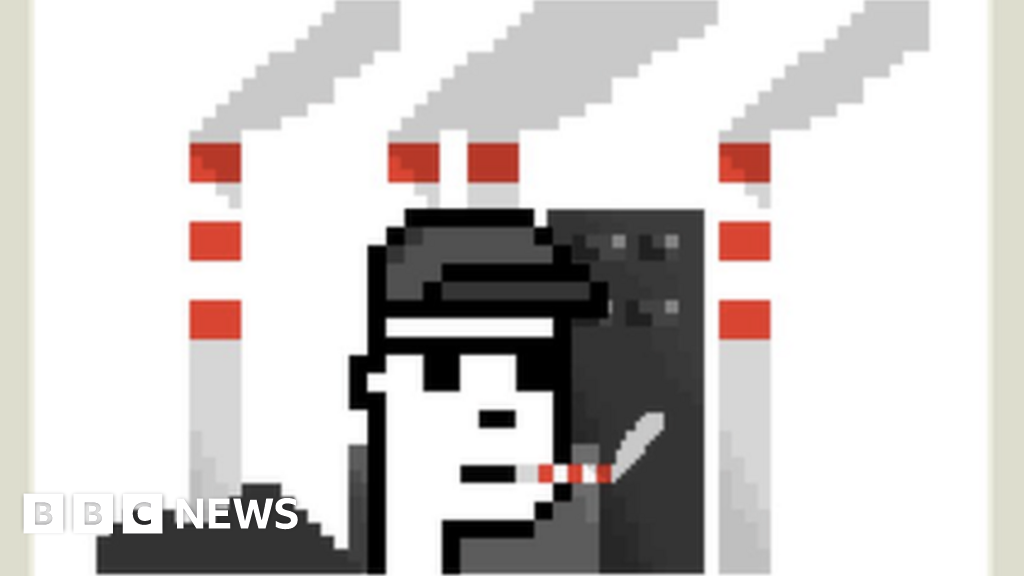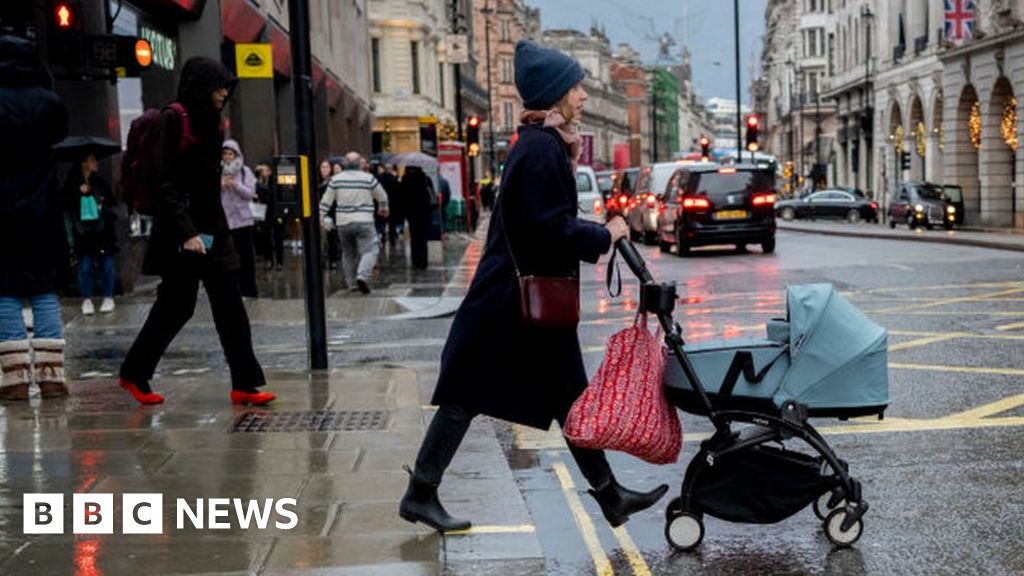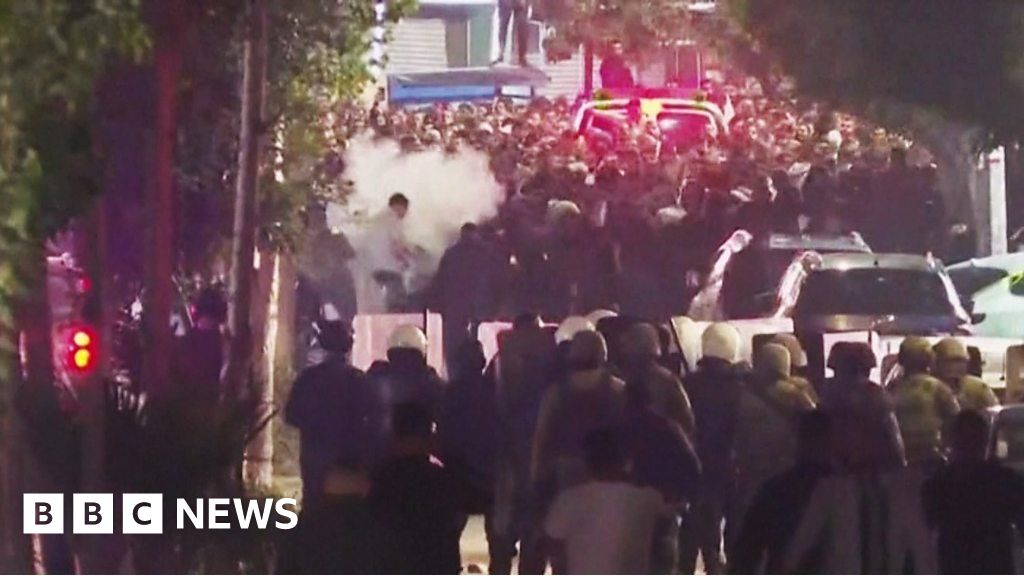Image copyright
Reuters
Wikipedia is to institute a new code of conduct to battle what the firm called “toxic behaviour” by some volunteers.
The Wikimedia Foundation, the organisation that runs the site, voted on new measures that will be finalised by the end of the year.
Wikipedia is written and updated by volunteers.
Many, particularly women and members of the LGBTQ community, have complained of abuse and harassment from other editors.
Wikimedia’s board of trustees said maintaining civility was a core value.
“We must work together to create a safe, inclusive culture, where everyone feels welcome, that their contributions are valued, and that their perspective matters,” said Katherine Maher, the chief executive officer of the Wikimedia Foundation.
“Our goal is all the world’s knowledge, and this is an essential step on our journey.”
What will the new rules involve?
The foundation’s binding code of conduct for members will include banning or limiting access if volunteers violate the terms.
It will also create a retroactive review process for harassment that took place before these rules were set.
Wikipedia has become one of the internet’s most trusted sources for information, but complaints about gender imbalances and harassment have plagued the platform for close to a decade.
A study from the University of Washington on the gender gap in Wikipedia editors found many female and LGBTQ editors feared for their safety. Several female editors told the researchers their work had contested by male editors or that they received negative feedback from a male editor.
A New York Times article from 2019 also highlighted the concerns some transgender editors have about volunteering for the site. One editor told the paper they received death threats.
How does the harassment work?
Wikipedia is not a formal social media platform like Facebook or Twitter. But its editors can interact with one another and can change the content on a page after it has been written.
This has led to a form of harassment where, after one volunteer adds to a page, another volunteer will remove or change that work moments later, forcing the first editor to redo their work and leading to editing battles.
The development of a new code of conduct will take place in two phases.
The first will include setting policies for in-person and virtual events as well as policies for technical spaces including chat rooms and other Wikimedia projects. It is set to be ratified by the board by 30 August.
A second phase outlining enforcement when the rules are broken will be approved by the end of the year, according to the board’s plan.
